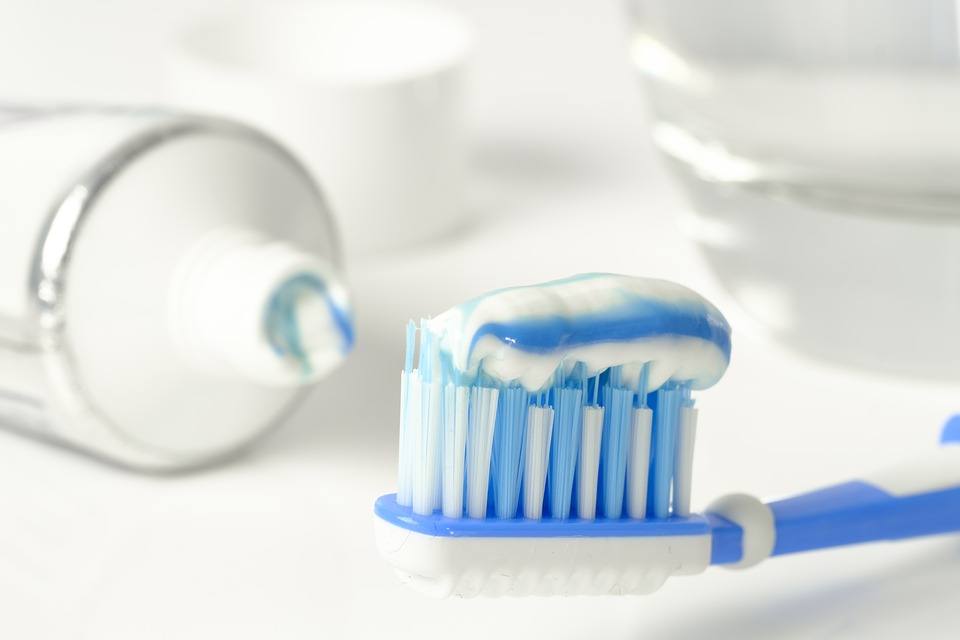Researchers say widely used ingredient triclosan results in high residual levels in the wider environment, which could induce multi-drug resistance
A compound found in more than 2000 personal care products, such as toothpaste and hand wash, could be contributing to antibiotic resistance.
University of Queensland researchers say the widely used ingredient, called triclosan, resulted in high residual levels of the compound in the wider environment, which could induce multi-drug resistance.
Study leader Dr Jianhua Guo, from the university’s Advanced Water Management Centre said that while it was well-known the overuse and misuse of antibiotics could create “superbugs”, researchers were unaware that other chemicals could also induce antibiotic resistance until now.
“Wastewater from residential areas has similar or even higher levels of antibiotic resistant bacteria and antibiotic resistance genes compared to hospitals, where you would expect greater antibiotic concentrations,” he said.
“We then wondered whether non-antibiotic, antimicrobial (NAAM) chemicals such as triclosan can directly induce antibiotic resistance,” Dr Guo said.
The US Food and Drug Administration has banned the use of triclosan in antibacterial soap and the European Union prohibits its use products that come into contact with food, but not in toothpaste where it can constitute up to 0.3% of the product.
The use of the compound in Australia is currently being reviewed by the Department of Health.
“This discovery provides strong evidence that the triclosan found in personal care products that we use daily is accelerating the spread of antibiotic resistance,” Dr Gou said.
The water management centre’s director, Professor Zhiguo Yuan, said the discovery should be a wake-up call to re-evaluate the potential impact of such chemicals.


